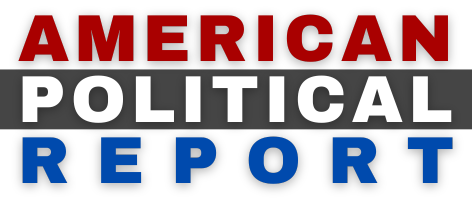Summary
- The Pedophile Information Exchange (PIE), an organization advocating for the legalization of adult-child sexual relationships, operated from 1974 to 1984 in Britain, causing public outrage and highlighting systemic failures in child protection.
- PIE’s leaders, including Ian Dunn and Tom O’Carroll, argued that children as young as four could consent to sexual relationships, distorting the concept of liberation. The group disbanded in 1984 after two leaders were convicted for child pornography offenses.
- Connections between PIE and British politicians were revealed, with former NCCL general secretary Patricia Hewitt and legal officer Harriet Harman implicated in the organization’s affiliations, although they responded differently to the allegations.
- The British Home Office granted PIE approximately £70,000 in funding between 1977 and 1980, raising concerns about the group’s ability to operate with apparent impunity.
- Journalist Alex Renton’s investigation uncovered a secret list of over 300 PIE members, many of whom worked in professions involving contact with children and had been involved in child abuse offenses.
Article
The specter of child sexual abuse in Britain’s upper echelons has haunted the nation for decades, with recent revelations about the Pedophile Information Exchange (PIE) rekindling the flames of public outrage.
PIE, which existed from 1974 to 1984, was a group that openly campaigned for the legalization of adult-child sexual relationships. The group founded by Ian Dunn and Tom O’Carroll presented itself as a progressive campaign group, aligning with feminist, anti-racist, and gay rights movements. Its leaders argued that children as young as four could consent to sexual relationships, a grotesque distortion of liberation rhetoric.
The organization disbanded 10 years after its founding following the conviction of two of its leaders for child pornography offenses, but not before infiltrating organizations like the National Council for Civil Liberties (NCCL), now known as Liberty.
Between 1977 and 1980, NCCL’s general secretary was Patricia Hewitt, who later became Health Secretary during the term of former British Prime Minister Tony Blair. Its legal officer during the same period was Harriet Harman, who served as Deputy Labour Leader.
Both were implicated in NCCL’s affiliations with PIE, and had different responses to the matter. On the one hand, Hewitt apologized for NCCL’s involvement, calling it “naive and wrong.” On the other hand, Harman dismissed the allegations as a “politically motivated smear campaign.” (Related: Prominent Church of England leaders RESIGN from priesthood amid allegations of mishandled sex abuse cases.) […]
— Read More: www.naturalnews.com


